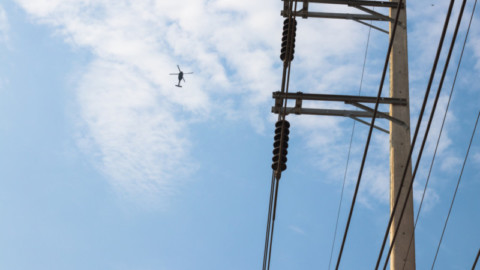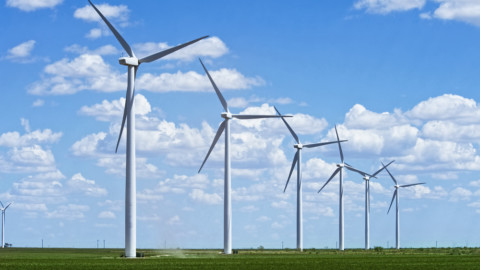Australia will join with nations around the world in pledging to decarbonise the shipping industry, with representatives attending the launch of the Green Shipping Challenge at the 2022 United Nations Climate Change Conference.
Held from 6 to 18 November in the Egyptian city of Sharm El-Sheikh, the 2022 Conference of the Parties of the United Nations Framework Convention on Climate Change (COP27) brings together global signatories of the 2015 Paris Agreement.
Australia signed up to the Green Shipping Challenge in Sharm El-Sheikh after being invited to join by United States President Joe Biden at the Major Economies Forum in June.
More than a billion tonnes of CO2 are emitted each year by seaborne ships, which rely on low-grade bunker fuel, accounting for almost three per cent of all carbon emitted by humankind.
Australia’s Minister for International Development and the Pacific, Pat Conroy, attended the launch hosted by Prime Minister of Norway Jonas Gahr Støre and US Special Presidential Envoy for Climate Change, John Kerry.
With a focus on zero-emissions fuels and renewable energy infrastructure, the Green Shipping Challenge encourages countries, ports and shipping companies to announce actions at COP27 to align the industry with the 2015 Paris Agreement goal to keep global warming below 1.5 degrees.
Minister for Climate Change and Energy, Chris Bowen, said Australia was working with other nations to clean up the seas.
“Emissions from the shipping sector are on an upward trajectory which is at odds with the goals of the Paris Agreement,” Mr Bowen said.
“One of the actions Australia is taking is to sign a Green Economy Agreement with Singapore that includes measures to implement green shipping corridors using technology to decarbonise the sector.
“Areas of collaboration with Singapore could include emissions-reduction operations at sea and at ports, assessing routes, alternative fuel use and bunkering, and infrastructure requirements.”
Federal Minister for Infrastructure, Transport, Regional Development and Local Government, Catherine King, said the challenge was a breakthrough for global transport.
“We are committed to harnessing new, greener technologies, including the use of alternative fuels and energy sources in shipping, to make a significant contribution towards addressing climate change,” Ms King said.
The move follows Australia’s membership of the Zero Emission Shipping Mission under Mission Innovation in September and the Clydebank Declaration established by 20 countries at COP26 in Glasgow, Scotland, last year.















